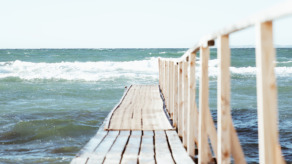Taking care of yourself

We often take better care of a friend than ourselves, says Maaike Helmer, founder of Stressed Out, a [Dutch-only] online magazine about stress-related topics. How can we change this? Here are some of her insights and tips.
What do you mean by ‘taking care of yourself’? What are important factors for you?
“That’s a nice question, because of that ‘for you’. We often assume that self-care is the same for everyone. But that’s not the case. Some things apply to everyone: eating well, sleeping enough and exercise are an important basis. Yet in addition to effort, you also need relaxation to be able to recharge. But what that last bit is, is different for everyone. For me, it means simply being alone. For a long time, I found that difficult to acknowledge, because many people relax with others. But give me a book and a sofa and I’m happy. I also thought for ages that long vacations were good. Until I found out that all it really took for me to recharge was a half-day away somewhere. Discovering what works for you is what’s important here. Just ignore what others regard as taking good care of themselves.”
What did you learn about this subject during your own burnout that you still apply today?
“That we often take better care of a friend than we do of ourselves, and I tackled that issue during my burnout. We can be tough on ourselves and I was, but you would never treat your best friend that way. It was quite a painful insight, which is why I am easier on myself now.”







